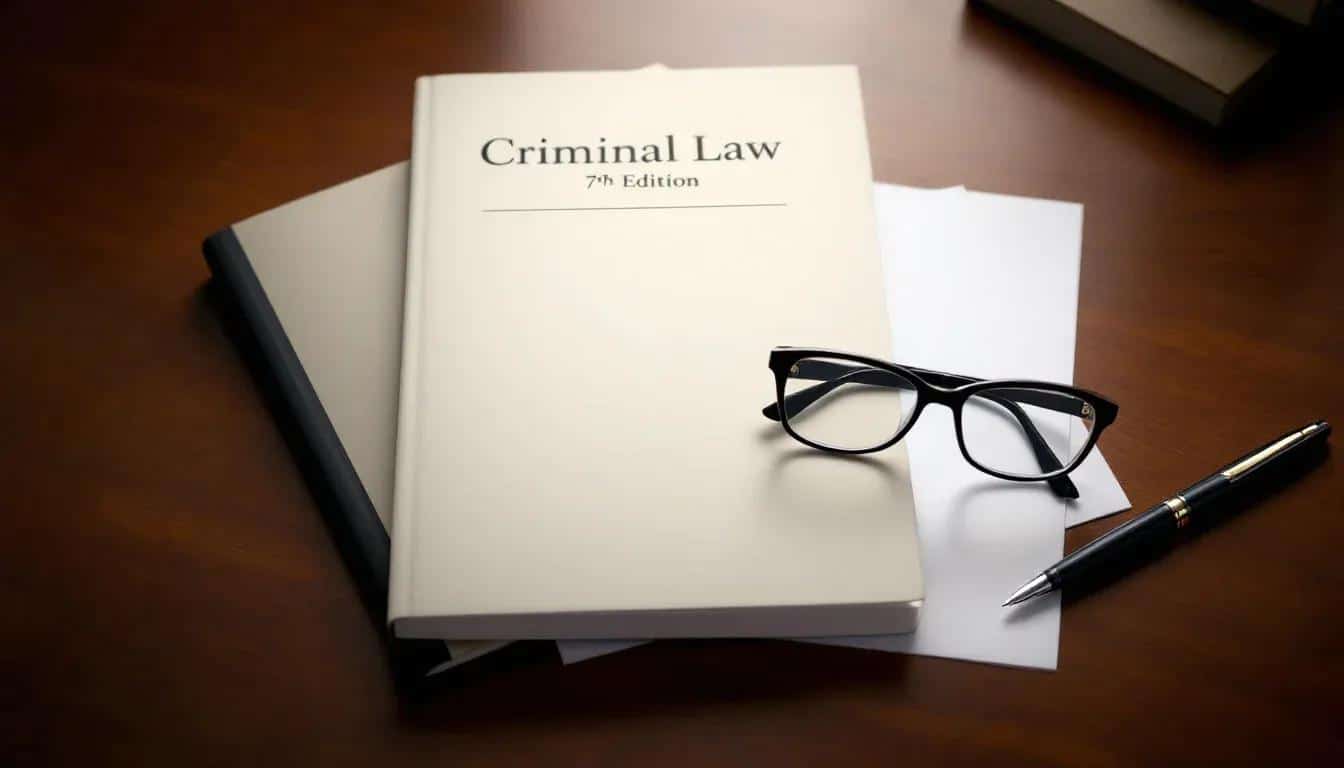Criminal Law and Evidence in NSW | Process, Police Powers, Admissibility, Defences | Jameson Law Sydney
Jameson Law | Criminal Defence Lawyers Sydney — Call (02) 8806 0866 or book a consultation.
Facing a charge in New South Wales is stressful. Good outcomes usually come from getting early advice about your rights and understanding what evidence the court can and cannot consider. This page gives you a plain-English overview of police powers, the court process, and the key rules of evidence that decide what goes before a magistrate or judge. It is general information only. For advice about your case, speak with our criminal defence team.
- Your rights and police powers
- The NSW criminal process
- Bail in NSW
- Evidence basics
- Admissibility and exclusion
- Witnesses and special measures
- Forensics, experts and digital evidence
- If found guilty: sentencing overview
- How we build your defence
- Useful NSW links
Your rights and police powers
Police powers come from legislation. In NSW, arrest, search and questioning powers are mainly set out in the Law Enforcement (Powers and Responsibilities) Act 2002 (LEPRA). You generally have the right to remain silent except for providing your name and address in certain situations. If police want to interview you, get advice first. Read more at NSW Police and LawAccess NSW.
- Arrest without warrant must be lawful and necessary under LEPRA s 99.
- Searches without warrant have strict limits, including personal and strip searches. See LEPRA Part 4.
- Fingerprints and photos are covered by LEPRA Part 10.
- Forensic procedures such as DNA sampling sit under the Crimes (Forensic Procedures) Act 2000.
If you are contacted by police, see our guides on what to do if police call and your right to silence.
The NSW criminal process
Most matters start in the Local Court and are listed under the Criminal Procedure Act 1986. Serious indictable matters can move to the District Court or, rarely, the Supreme Court.
- Charge and CAN Police serve a Court Attendance Notice with alleged facts and charges under the Crimes Act 1900 or other legislation.
- First mention Plea indicated or adjournment for advice and brief of evidence.
- Brief of evidence Disclosure is provided. Defence may request further material or subpoenas.
- Summary hearing or EAGP pathway For indictable matters, the Early Appropriate Guilty Plea scheme involves charge certification and case conferencing with the NSW ODPP.
- Hearing or trial Evidence called and tested. Prosecution must prove the charge beyond reasonable doubt.
Early advice can change outcomes. See our pages on trial representation and bail applications.
Bail in NSW
Bail is governed by the Bail Act 2013. The court assesses unacceptable risk and whether conditions can address that risk. Preparation matters. We gather supports, address accommodation and employment, and prepare surety or supervision proposals. Useful resources include the Judicial Commission bail bench book.
Evidence basics
The Evidence Act 1995 (NSW) sets the rules. Key ideas:
- Relevance Evidence must make a fact in issue more or less likely s 55.
- Burden and standard Prosecution must prove elements beyond reasonable doubt; the accused does not have to prove innocence.
- Actus reus and mens rea Conduct and mental element depend on the offence charged.
Admissibility and exclusion
Even relevant evidence can be excluded for fairness, prejudice or policy. Common rules include:
- Discretion to exclude if unfairly prejudicial, misleading or time-wasting s 135, and in criminal cases if probative value is outweighed by danger of unfair prejudice s 137.
- Hearsay generally not allowed s 59, with key exceptions such as admissions s 81, contemporaneous statements s 66, and business records s 69.
- Opinion generally excluded s 76 unless expert evidence meets the specialised knowledge test s 79.
- Character, credibility and cross-examination rules at Part 3.7.
- Tendency and coincidence evidence has strict safeguards ss 97, 98, 101.
- Identification evidence has extra protections and warnings ss 114–116.
- Admissions made to police must be reliable and voluntary. See s 85 and discretionary exclusion for impropriety.
- Illegally or improperly obtained evidence may be excluded in the public interest s 138.
- Privilege includes legal professional privilege ss 118–119, privilege against self-incrimination s 128, and without-prejudice communications s 131.
Judges balance truth finding with fairness. Many cases turn on whether evidence is admitted or excluded. We prepare detailed admissibility submissions and, where needed, voir dires to argue these points.
Witnesses and special measures
Witness competence and compellability rules are in the Evidence Act. The court can make orders to protect vulnerable witnesses and sexual offence complainants. See also the Criminal Procedure Act on closed courts, video links and alternative arrangements. Guidance appears in the Judicial Commission bench book.
Forensics, experts and digital evidence
Forensics must be lawfully obtained and competently analysed. DNA and fingerprints are regulated by the Crimes (Forensic Procedures) Act 2000. Toxicology and drug analyses are usually handled by NSW Health Pathology FASS. Digital evidence such as phone downloads and CCTV must be authenticated and may raise search warrant and privacy issues under LEPRA and the Surveillance Devices framework.
Expert opinion must be truly expert, based on recognised specialised knowledge, and applied properly to the facts s 79. We often brief independent experts in collision analysis, forensic toxicology, psychiatry, and digital forensics.
If found guilty: sentencing overview
Sentencing is governed by the Crimes (Sentencing Procedure) Act 1999. Penalties include fines, Conditional Release Orders, Community Correction Orders, Intensive Correction Orders and full-time imprisonment. Principles are explained in the Judicial Commission bench book and NSW Sentencing Council. Data on outcomes is available from BOCSAR.
How we build your defence
- Early case theory We map the elements the prosecution must prove and identify reasonable doubt pathways.
- Disclosure strategy We seek the brief, body-worn video, CCTV, 000 calls, device logs, calibration records and forensic notes.
- Admissibility challenges We prepare applications to exclude hearsay, tendency, identification and unlawfully obtained evidence.
- Experts and reconstruction Where needed, we brief independent experts and run site views.
- Negotiation with ODPP or Police Charge negotiations can narrow issues or resolve a matter on fair terms.
- Sentencing preparation If a plea is appropriate, we prepare strong subjective material, treatment reports and proposals for non-custodial options.
Explore our focused guides on defences in NSW, bail applications, AVOs, drug offences, and trial advocacy.
Useful NSW links
- NSW legislation portal
- Local Court of NSW
- District Court of NSW
- Supreme Court of NSW
- NSW Office of the Director of Public Prosecutions
- NSW Police Force
- LawAccess NSW
- Judicial Commission Criminal Bench Book
- NSW Bureau of Crime Statistics and Research (BOCSAR)
- NSW Health Pathology FASS
- ACIC National Police Checking
- Service NSW
- NSW Road Rules overview
Talk to a Sydney criminal lawyer now Call (02) 8806 0866 or send us a message. Early advice can protect your rights and shape the evidence the court will see.













